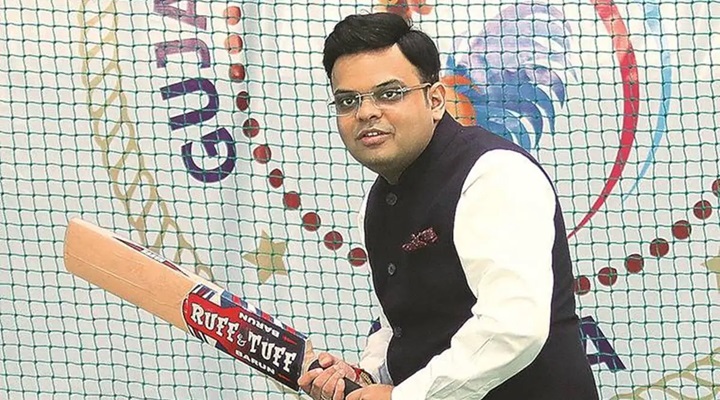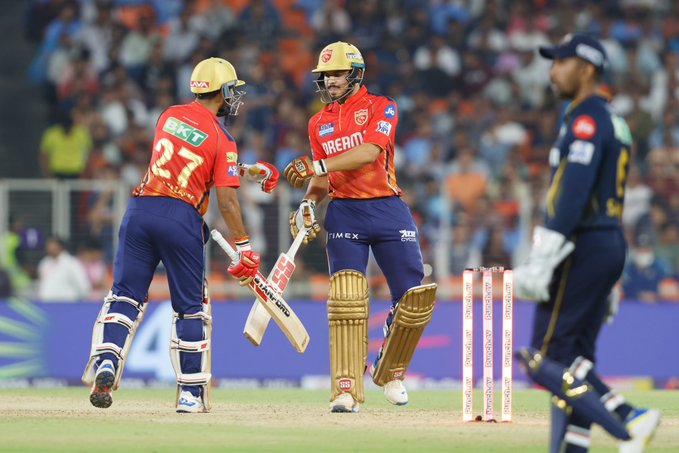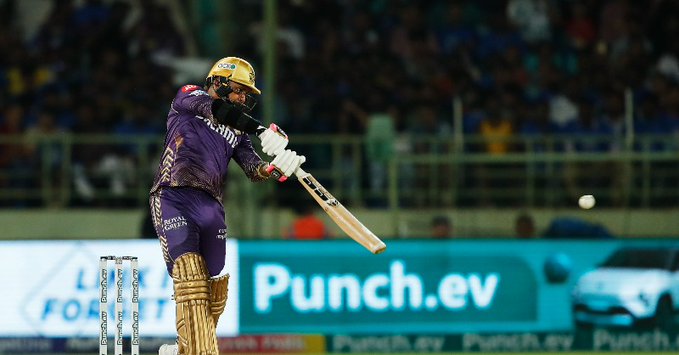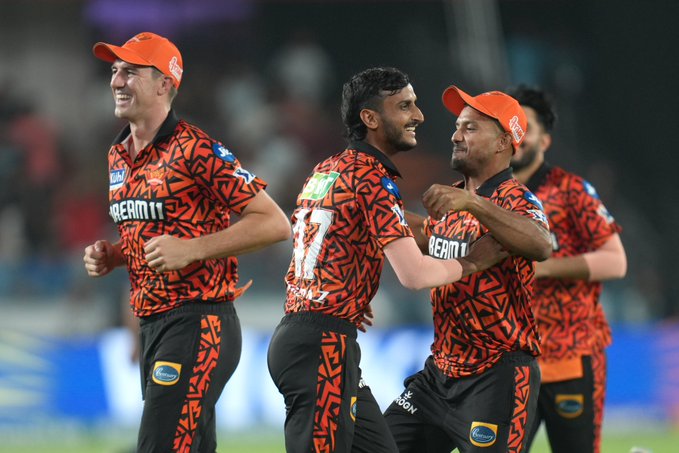In recent news, the Board of Control for Cricket in India (BCCI) is contemplating implementing a new rule that would require players to participate in a minimum number of first-class matches to be eligible for the Indian Premier League (IPL) auction pool. This decision comes in response to the continued reluctance of some players, such as Ishan Kishan, to play first-class matches and prioritize the IPL. The BCCI aims to instill discipline and ensure that players prioritize domestic cricket alongside their IPL commitments.
The Need for a Strict Policy
The BCCI acknowledges that some players show a lack of interest in playing red-ball cricket once they are out of the national team. These players may only participate in a few Mushtaq Ali T20 games and then neglect their state team duties during the red-ball season. To address this issue, the BCCI plans to enforce a policy mandating players to play a minimum of 3-4 Ranji Trophy games. Failure to comply with this requirement would result in players being ineligible to participate in the IPL or even be included in the IPL auction if released by their franchise.
Player Reluctance and Unhappiness
There is a growing consensus within the BCCI and the Indian team’s think-tank that certain players exhibit a lack of enthusiasm for playing Ranji Trophy matches, even when they are fit to do so. While some players, like Hardik Pandya, may have legitimate reasons, such as physical limitations, preventing them from playing red-ball cricket, others exploit the flexibility of their schedule and frequently cite physio work as a reason for their absence. This behavior has raised concerns among decision-makers, and it is believed that a strict policy is necessary to put a stop to this trend.
Ishan Kishan’s Case
Ishan Kishan, the Jharkhand keeper-batter, has faced criticism for his continued absence from first-class matches. After withdrawing from the South Africa tour due to “travel fatigue,” Kishan has not featured in any of Jharkhand’s Ranji Trophy matches, despite his team’s poor performance in Group A. In response, the BCCI has instructed Kishan to play Jharkhand’s last group league game against Rajasthan in Jamshedpur. The BCCI’s decision to intervene in Kishan’s case raises questions about his commitment to domestic cricket and his eligibility for future IPL auctions.
Implications for Players and IPL Teams
If the BCCI’s proposed policy is implemented, players who fail to meet the minimum requirement of playing first-class matches may find themselves excluded from BCCI retainership and potentially face other consequences. While the workload management of players during the IPL is crucial, there are currently no instructions from the BCCI regarding workload management for IPL teams. It is expected that players’ fitness updates will be regularly provided to the NCA Sports Science head, Nitin Patel. Additionally, players whose teams do not qualify for the IPL playoffs may be sent to New York earlier for the ICC T20 World Cup, while those in the knockout stages would join them after the tournament concludes.
Consensus Among State Units
State units believe that unless the BCCI establishes a clear directive, young players may continue to disregard the importance of the Ranji Trophy. The lack of enthusiasm towards red-ball cricket among some young stars is a cause for concern. A unanimous agreement among state units supports the BCCI’s efforts to enforce stricter regulations to ensure that players value domestic cricket as much as the IPL.
Criticism and Central Contracts
The BCCI has not yet discussed the possibility of excluding players like Ishan Kishan from central contracts. While there may be differing opinions on the matter, it is clear that the BCCI is taking action to address the issue of player reluctance to participate in first-class matches. Central contracts are an important aspect of a player’s career, and their eligibility may be affected if they do not prioritize domestic cricket
In conclusion, the BCCI’s consideration of making first-class matches mandatory for IPL players demonstrates their commitment to ensuring that players prioritize domestic cricket alongside their IPL commitments. The proposed policy aims to rein in players who show a lack of interest in playing red-ball cricket once they are out of the national team. By implementing stricter regulations, the BCCI hopes to encourage players to value the Ranji Trophy and develop a more balanced approach to their cricketing careers.
KL Rahul Ruled Out of 3rd Test Against England: Surprise Replacement Emerges
To know more keep visiting our website.










